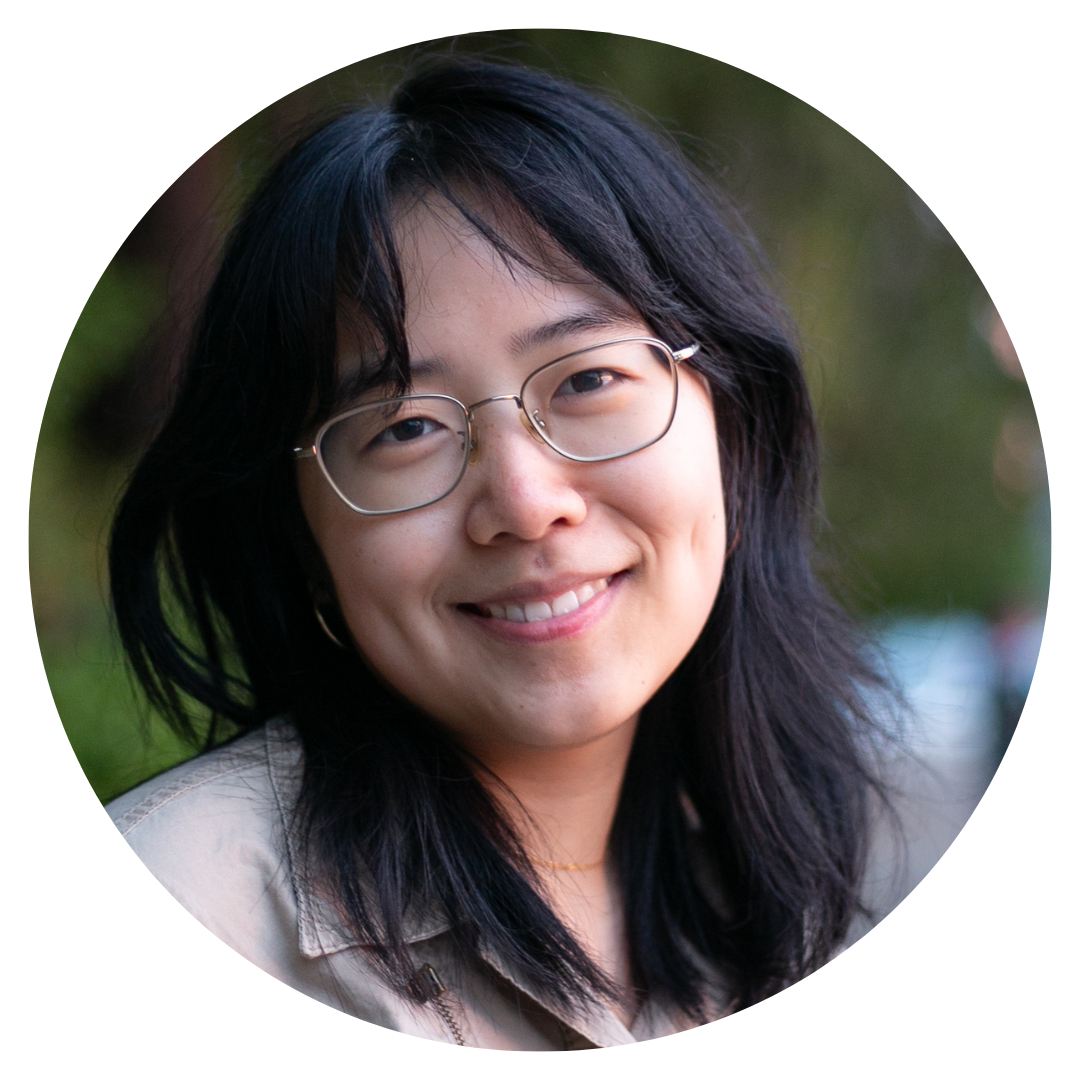Isa is a second-generation Chinese Canadian settler living on the traditional, ancestral, and unceded territories of the Musqueam, Squamish, and Tsleil-Waututh nations. She is graduating with a BFA in Creative Writing and Asian Canadian and Asian Migration Studies. While at UBC she fell in love with storytelling through photography, film and radio, and has applied those skills to her role as Multimedia Production Coordinator at ACAM since her third year. She is interested in all facets of migration — from economic and political causes & implications, to the stories that emerge as a result. Outside of the office, Isa can be found stretched out on a sunny patch of grass and always trying her very best.
Why did you declare a minor in ACAM? What drew you to the program?
The summer before the first iteration of ACAM 320B: Health Among the Asian Diaspora in Canada, I had interviewed Dr. Benjamin Chung for CiTR’s for Asian Heritage Month programming. When fall rolled around and I needed an elective, I decided to switch into the class on a whim. The content of the course had an immediacy to it: we were in the midst of a global pandemic and I was also navigating my own health issues. And the class felt like a safe forum where I could discuss my own questions, experiences and opinions with my peers. Long story short I kept taking ACAM classes and declared my minor when I joined the student staff team to produce their ACAM dialogues podcast. I was drawn to the program by the interdisciplinary nature of the courses and flexible structure. Despite its position within the university institution, I found that both the content of the courses I took and my work as staff were deeply embedded within community work local to Vancouver, and so the program felt concrete and grounded.
What connections and ideas were you able to foster through ACAM?
ACAM gave me the framework to articulate and give context to the observations I had in the day to day, moving through the world as a second generation Chinese Canadian woman. Whether it was thinking about food, or health issues, or storytelling or cultural production, I found that there was space to explore this within the program. To be honest, it’s hard to begin to untangle all the different connections of ideas I encountered at ACAM. The knowledge I gained from a class would always go on to inform and give context to another subject in a different class.
ACAM has also given me a sense of community. From my classmates to my co-workers, the small cohort meant that there was a lot of familiar faces I’d see time and time again. Seeing how alumni continue to return to attend ACAM events, I’m struck by the closeness of the relationships which have developed in the program and how students, staff and professors all show care and respect for one another.
What is one piece of advice you would give your first-year self?
Don’t rush things just because you can!
 Faculty of Art
Faculty of Art
